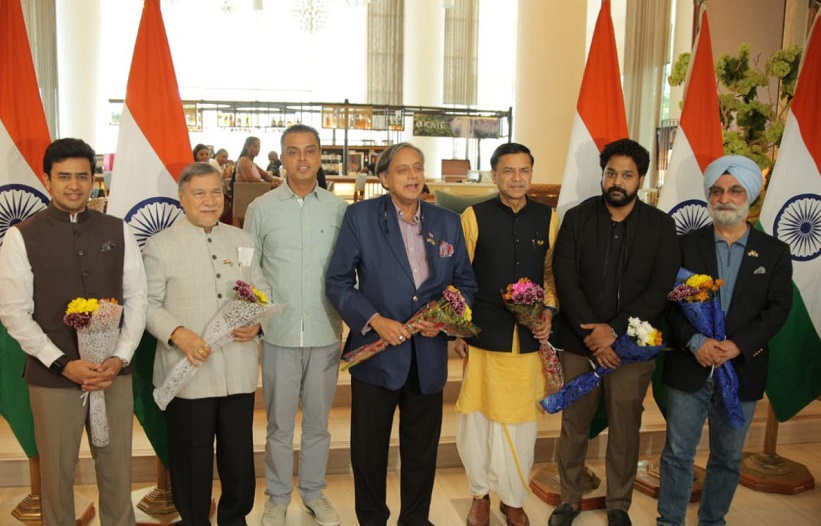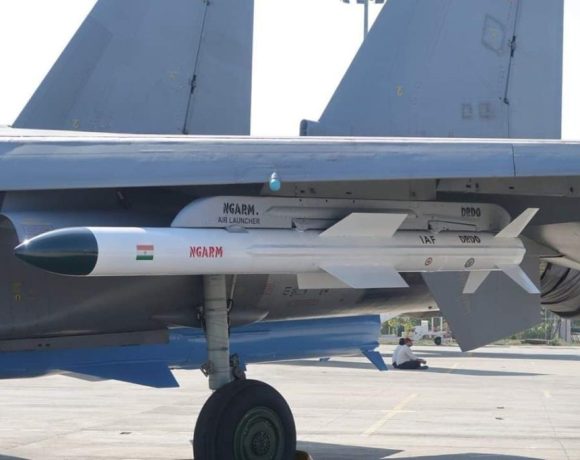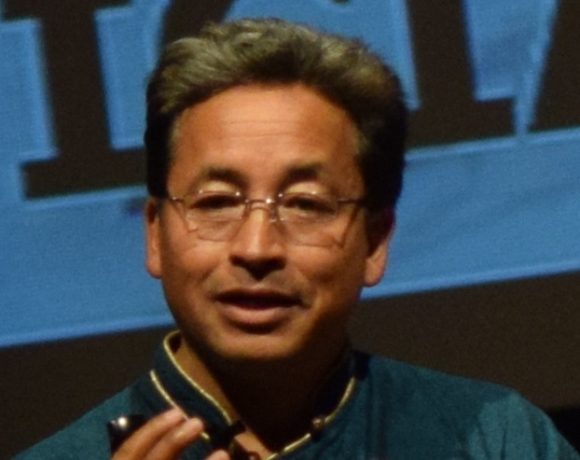
India Warns Pakistan: ‘There Will Be a Price to Pay’
Following the brutal terror attack in Pahalgam on April 22, 2025, which left 26 civilians dead and dozens injured, India has stepped up both military and diplomatic pressure on Pakistan. In a strong and unified outreach, an all-party Indian delegation led by Congress MP Shashi Tharoor visited the United States to push for global consensus on Pakistan’s role in cross-border terrorism and to signal India’s new strategic posture.
India’s Direct Message to Pakistan
Addressing Indian-Americans and U.S. policy leaders in New York, Shashi Tharoor made it clear that India’s approach to Pakistan-sponsored terrorism has fundamentally changed. “No one sitting in Pakistan is going to be allowed to believe that they can just walk across the border and kill our citizens with impunity. There will be a price to pay, and that price has been going up systematically,” Tharoor warned.
He also referenced past attacks like Pathankot and Pulwama, noting that while India had shown restraint earlier, Operation Sindoor marked a strategic evolution. Tharoor reiterated that India’s crossing of the International Border in its May 2025 strikes signified a “new normal” in counter-terror operations.
Operation Sindoor: India’s Precision Response
India launched Operation Sindoor on May 7, 2025, as a calibrated military response to the Pahalgam attack. The operation involved coordinated air and ground strikes targeting nine terrorist infrastructure sites in Pakistan and Pakistan-occupied Kashmir.
Union Home Minister Amit Shah stated that the operation clearly demonstrated Pakistan’s role in supporting terrorism within India. Defence Minister Rajnath Singh applauded the precision of the strikes, likening the execution to “skilled surgeons,” with minimal collateral damage reported.
The operation is widely seen as India’s most daring cross-border military action since the Balakot airstrikes, and it reflects New Delhi’s growing willingness to act decisively rather than rely on diplomatic protestations alone.
Strategic Diplomacy in the U.S.
While in the U.S., the Indian delegation visited the 9/11 Memorial in New York—a symbolic move underscoring solidarity with global victims of terrorism. Tharoor explained that India does not seek conflict but is compelled to act in defense of its citizens. “We have no desire to have anything that Pakistan has. Sadly, we may be a status quo power; they are not,” he remarked.
The delegation’s engagements with American think tanks and policymakers aimed to frame Pakistan not just as an Indian problem, but as a threat to global stability. External Affairs Minister S. Jaishankar praised the team’s outreach, reinforcing India’s zero-tolerance policy toward terrorism.
Redefining India’s Counter-Terror Doctrine
Operation Sindoor has marked a watershed in India’s counter-terrorism doctrine. By deliberately crossing the International Border to target terror launchpads, India has set a precedent for future responses to similar threats.
Security analysts have noted that this operation establishes a “new baseline” for Indian military responses. International experts, including those in the U.K. and Israel, have studied the operation’s scope and discipline, calling it a model of strategic deterrence without escalation.
India’s firm stance, both militarily and diplomatically, signals that the days of reactive and defensive postures may be over. As regional dynamics evolve, New Delhi appears ready to not just talk tough, but act tough—backed by political unity and military capability.


















